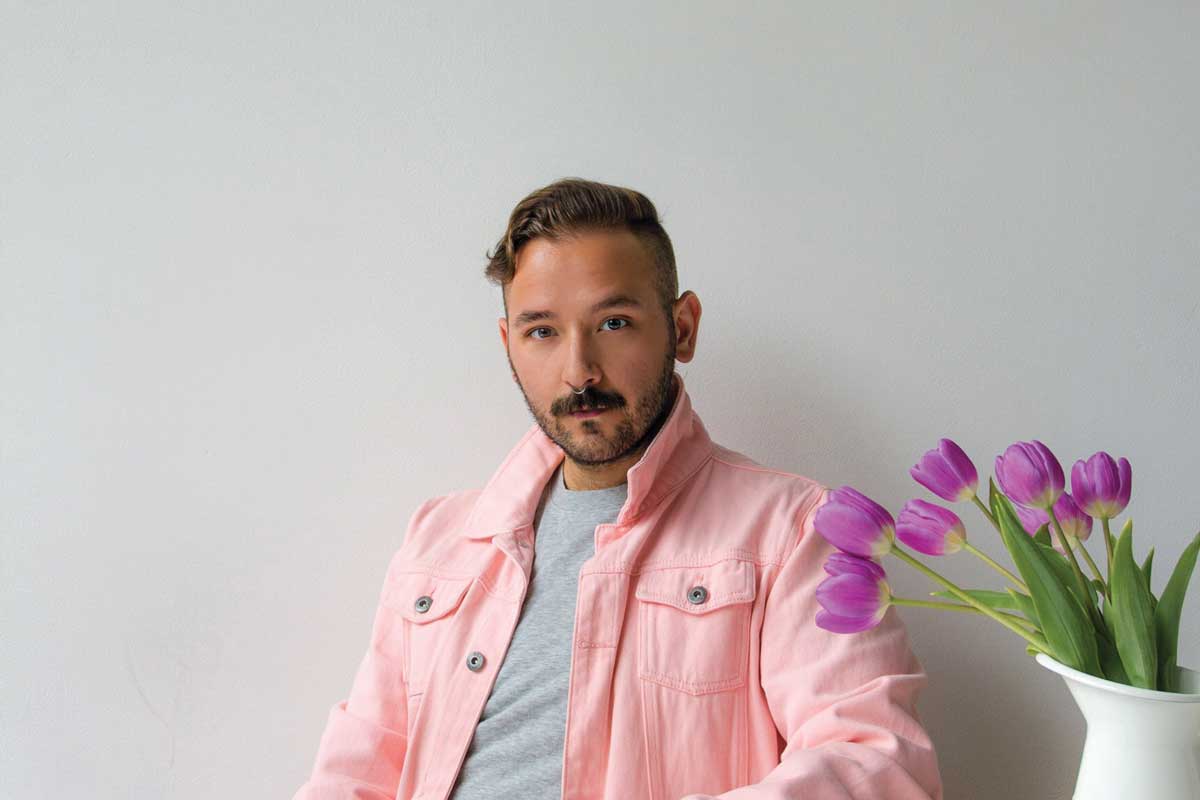Michael Chernak pushes boundaries through cooking series

If you want to get to know someone, join them in the kitchen. That’s the idea that feeds the web series produced by filmmaker and video editor Michael Chernak ’15.
The Endicott native, now based in London, created Home: A Queer Cooking Series, which can be seen on YouTube and has been featured in Bon Appetit, Food & Wine and Now This Food.
“Using food as a middle ground of representation lets the viewer come into the series with something they recognize and understand,” Chernak says. “Even if you don’t understand LGBTQ people, the cooking and food are aspects you can usually relate to.”
Each episode lasts roughly 10 minutes, sharing the first-person perspective of an LGBTQ person. Their narratives begin with the preparation of a favorite dish before delving into deeper issues of sexual identity, partner relationships and family of origin. “
As a filmmaker, I want to represent the LGBTQ community with honest and intimate images,” Chernak says. “Representation of us in the media isn’t always a full picture. Often times, we see a very narrow view, or at least not a fully dimensional view, of who we are as queer people.”
Initially, the participants were Chernak’s closest friends. He later reached out through social media to recruit a varied lot of storytellers that includes performers, drag queens and kings, chefs, bakers and roller derby athletes. With enough episodes in the can as proof of concept, it became easier to find people willing to go on camera.
“I’m grateful there are so many talented queer people interested in my work,” Chernak says. “A lot of them turned into my friends in London. I’ve made some very close and rich connections because of the series.
Home, Chernak says, carries very strong Binghamton influences. He’s thankful his cinema professors encouraged him to experiment and push boundaries to find his own perspective and create socially meaningful work.
“I hope in 20 years we can look back on these experiences and understand why the trajectories of our lives are the way they are,” he says. “Documenting queer people in 2019 among political conflicts and the ever-changing world will look very differently to people in the future, and I hope things change for the better.” –
